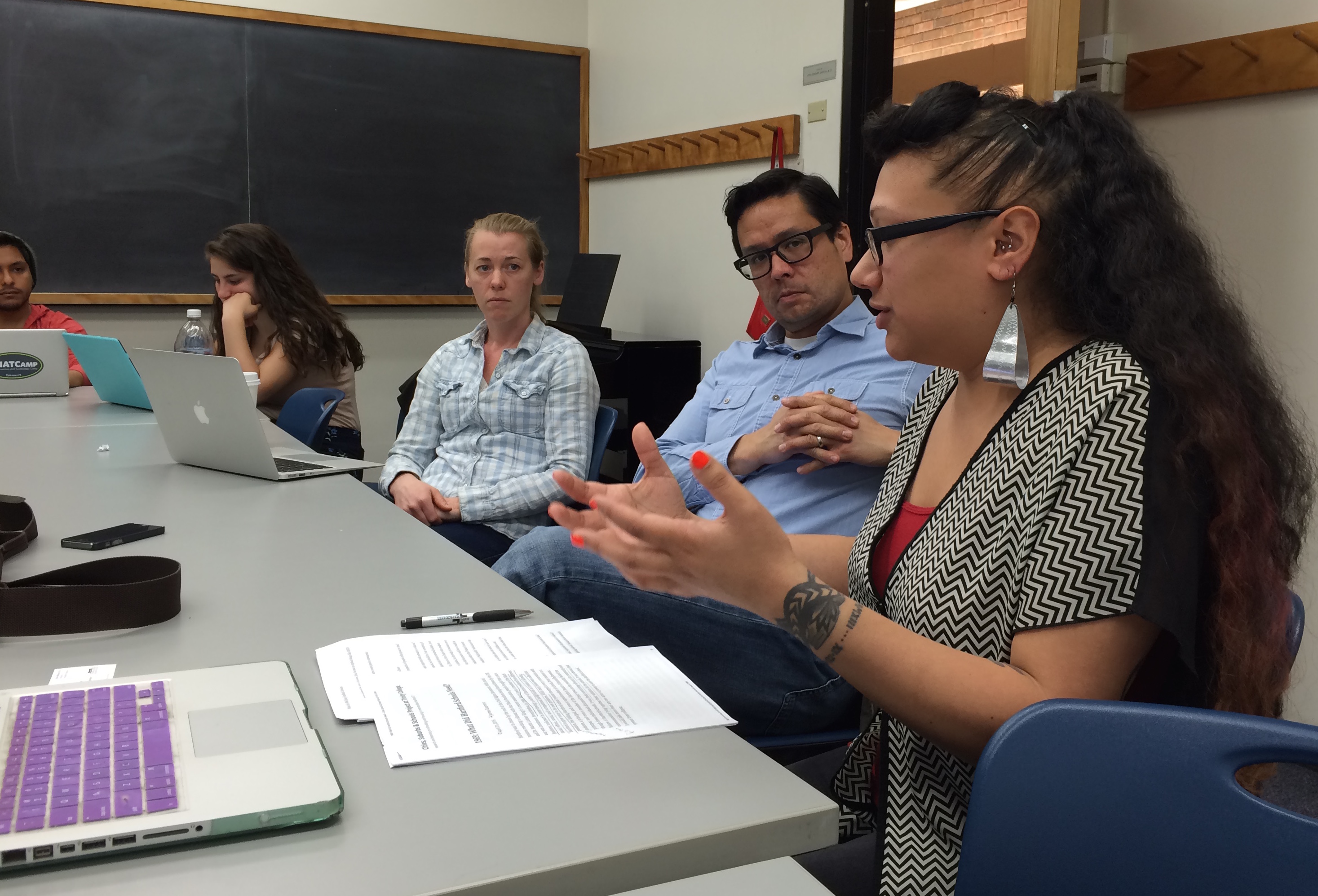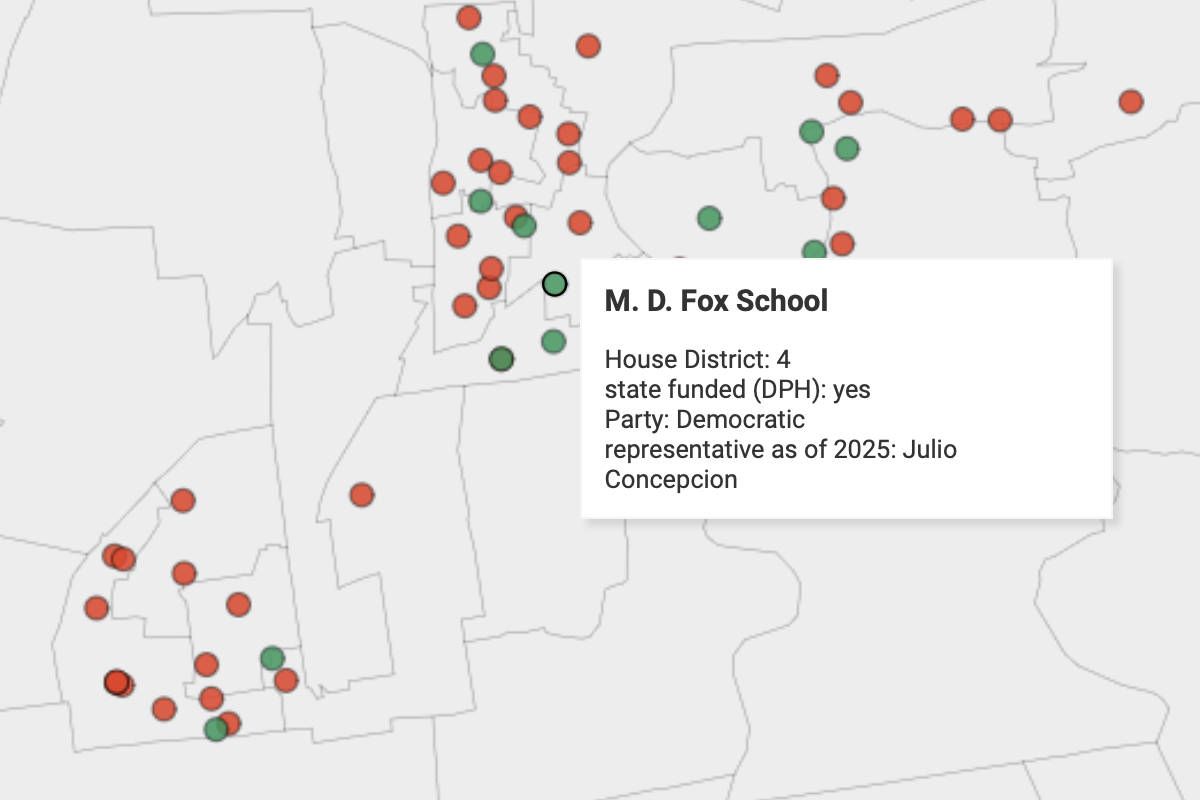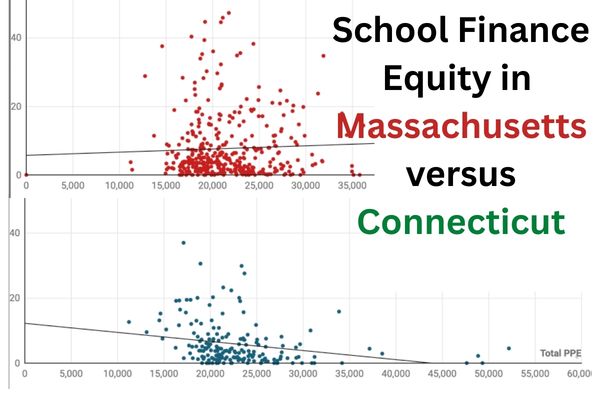 Guest evaluators Jasmin Agosto (Trinity ‘10, right) and Glenn Mitoma (UConn, center) review their written feedback with student authors in the Cities Suburbs and Schools seminar.
Guest evaluators Jasmin Agosto (Trinity ‘10, right) and Glenn Mitoma (UConn, center) review their written feedback with student authors in the Cities Suburbs and Schools seminar.
This week we wrapped up one of the most meaningful writing exercises this semester in my Cities Suburbs and Schools seminar. Rather than typing up a traditional paper to be read only by their professor, Trinity students composed essays on the public web, received feedback on early drafts from our “sister seminar” at Yale University, and final evaluations from a panel of three guest evaluators. Based on similar assignments over the past several years, students work harder on improving their prose — and find the experience to be more intrinsically rewarding — when real audiences are involved in the writing process.
Earlier this month, students carved out their topics and digitized source materials from a list of topics on the recent history of education and activism in the Hartford region. The assignment was to tell a compelling story, with analytical insight and supporting evidence, of no more than 2,500 words, for audiences who may be unfamiliar with the issue. Topics included the 1960s Project Concern city-suburban integration program, the 1969 Hartford documentary film interviews, the 1970s Lumpkin school desegregation case, the 1985 Bloomfield school residency case, and plaintiffs’ perspectives in the 1989 Sheff integration case. This seminar had the advantage of drawing on source materials that previous students had already collected and digitized, so that we could focus more of our energy on the analysis and storytelling. See the students’ web essays at: http://commons.trincoll.edu/cssp/web-essays/. Also, to learn more about the philosophy and planning behind this pedagogical approach, see my essays on related examples in the Web Writing book and a recent Connecticut History Review article.
Many thanks to Mira Debs for teaching her Yale University “sister seminar” on a similar topic for her students who exchanged drafts and peer comments with us via Google Docs this semester. Also, a special thanks to our three guest evaluators — Jasmin Agosto (Trinity ’10), Glenn Mitoma (UConn), and Susan Campbell (U of New Haven) — who recognized the strengths of the students’ work and recommended ways to further revise it for potential publication in the On The Line book that I’m currently writing with several contributors.
Although this specific class assignment has concluded, one way to judge the depth of student learning is to follow how many choose to revise their drafts again — without grades as a motivator — to improve our telling of these important civil rights education stories with broader audiences.


